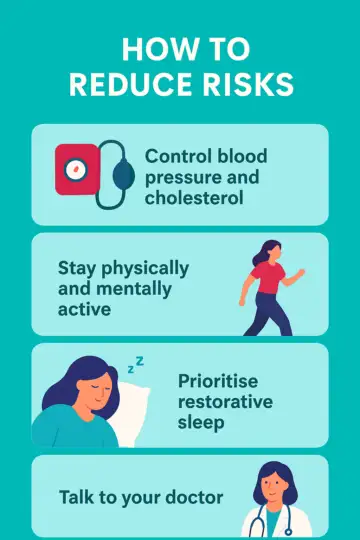Menopause marks a major transition in a woman’s life, often accompanied by symptoms like hot flashes, fatigue, and mood swings. But beyond these well-known changes, menopause also brings subtle yet significant shifts within the brain – ones that are rarely discussed.
These neurological effects can influence memory, focus, and long-term cognitive health.
Dr Jay Jagannathan is a neurosurgeon at the Michigan Neurosurgery Institute, specialising in multidisciplinary neurosurgery and pain management, with over a decade of experience. He is bringing attention to the often-overlooked neurological changes women face during menopause. In an Instagram video shared on October 20, the neurosurgeon explains how declining oestrogen levels during menopause can contribute to cognitive decline, and offers practical tips to reduce the risks.
The hidden neurological danger of menopause
When we talk about menopause, the focus is often on hot flashes, mood swings, or declining bone density – while the changes happening inside the brain are rarely addressed. Dr Jagannathan discusses the crucial role of oestrogen in cognitive function – and how its decline during menopause can affect the brain. He explains, “Oestrogen isn’t just a reproductive hormone – it’s a neuroprotective shield. It helps regulate blood flow, reduce inflammation, and protect brain cells from stress. So when oestrogen levels drop, that protection weakens.”
Hidden health risks
According to Dr Jagannathan, the decline in oestrogen plays a major role in raising cognitive health risks for women after menopause. Consequently, the likelihood of the following issues rises during and after this stage:
- Silent strokes
- Memory decline
- Increased risk of Alzheimer’s and cognitive fog

How to reduce risks?
The neurosurgeon states, “Your brain health is deeply connected to your hormonal health. And understanding that connection could be what protects you decades down the road.” Dr Jagannathan notes that while oestrogen-related cognitive decline is a biological repercussion of menopause, it can be managed effectively with a few simple lifestyle adjustments.
- Control blood pressure and cholesterol since your brain’s vessels depend on it
- Stay physically and mentally active.
- Prioritise restorative sleep.
- Talk to your doctor about hormone and vascular health because early monitoring matters.
